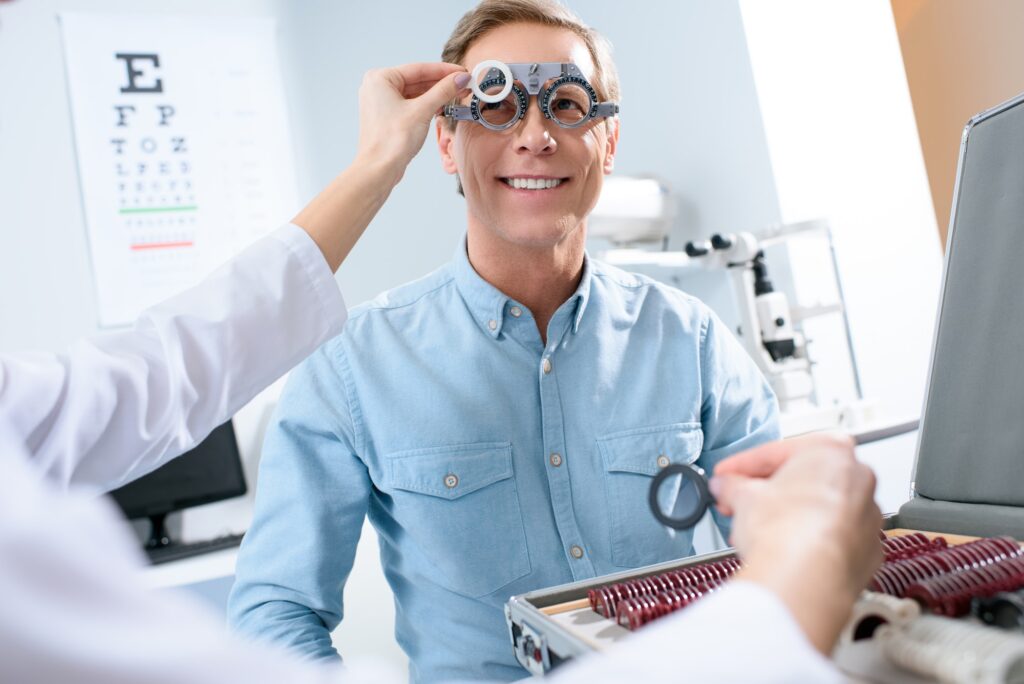DIABETIC RETINOPATHY
What is Diabetic Retinopathy?
Anyone with diabetes is at risk of developing Diabetic Retinopathy. In its early stages, there may be little or no visual symptoms. Without early detection and treatment, Diabetic Retinopathy can permanently damage the retina. If the condition is not caught early, it may produce symptoms that affect vision. These include mild blurriness in near or distance vision, floaters, and even the sudden loss of vision. If left untreated, it can cause severe vision loss and even blindness.
Eye surgeons cannot reverse the damage caused by Diabetic Retinopathy, but if caught in time, modern treatment options may help slow its progression and prevent further vision loss.
It is critical for patients with diabetes to be examined on a regular basis, even if they have not yet noticed any symptoms. If a patient experiences any significant change in their vision, they should contact their doctor for an immediate appointment, even if they recently had an examination.

Diabetic Retinopathy: Treatment Overview
There are many treatments for diabetic retinopathy. Prevention is an important part of treating this condition. You can take steps to preserve your vision by closely monitoring and controlling your blood sugar and blood pressure. Follow your eye care professional’s instructions and come in for regular eye exams.
Individuals with diabetic retinopathy may benefit from laser surgery. This approach controls and shrinks leaking blood vessels, preventing new blood vessel growth. While laser treatment does not cure diabetic retinopathy, it can slow or halt the progression of the disease.
The vitreous can also become clouded with blood, and a surgeon may need to drain the clouded vitreous and replace it with a clear saline solution. Some patients are unresponsive to conventional laser treatments. In these cases, special injections may help to decrease the progression of diabetic retinopathy.
While there is no cure, diabetic retinopathy does not have to lead to serious vision problems. Control your blood sugar. Watch your weight. Exercise and address other medical conditions. Because of improved methods of diagnosis and treatment, you can preserve your sight.

Innovative State-Of-The-Art Cataract Technology
Northern Wyoming Ophthalmology
Copyright © 2024. All rights reserved.

